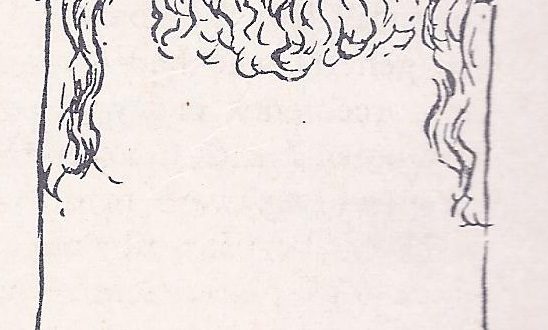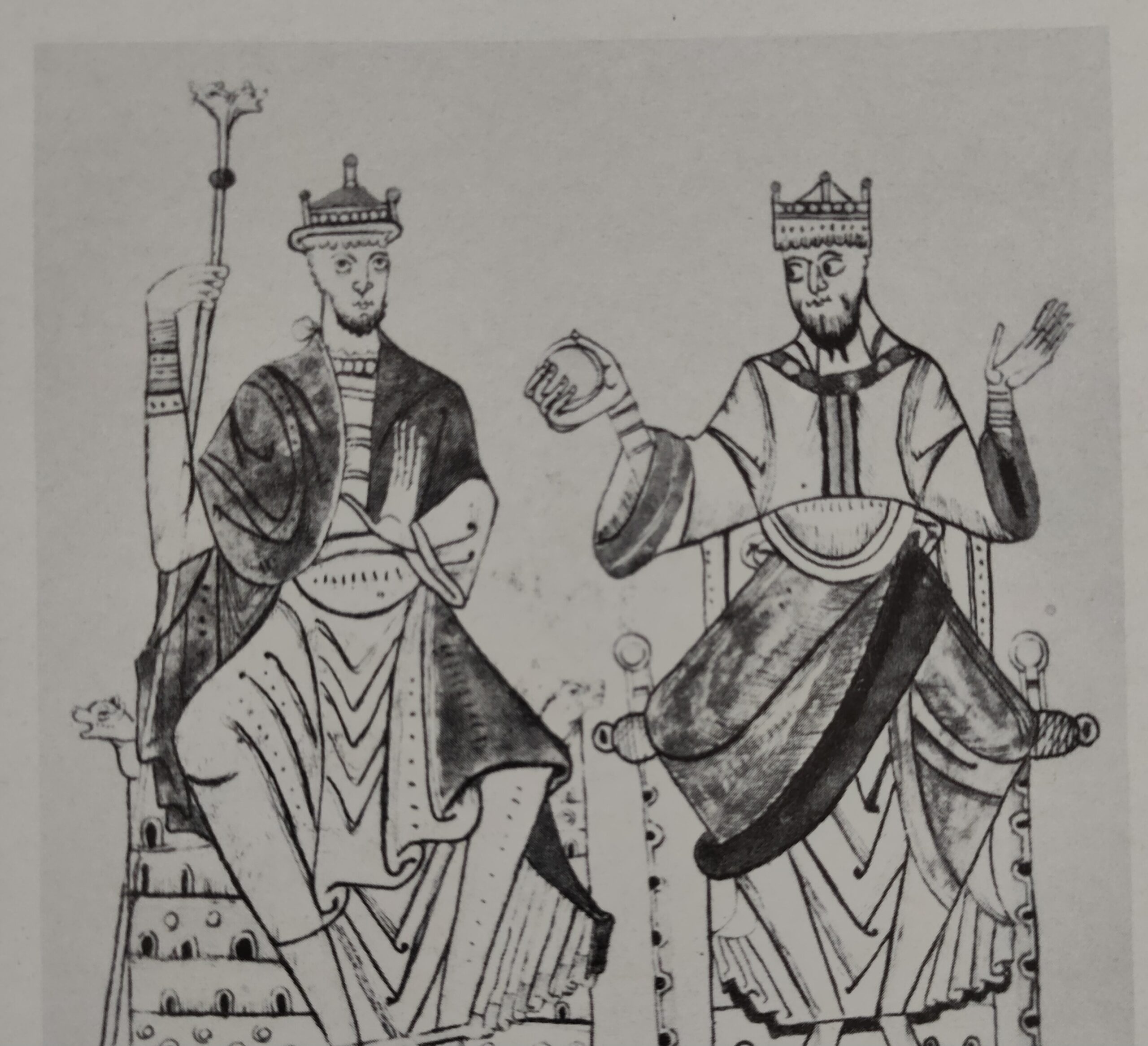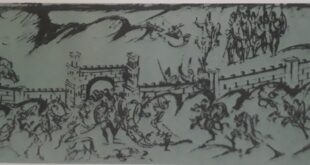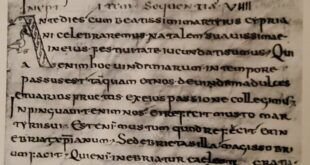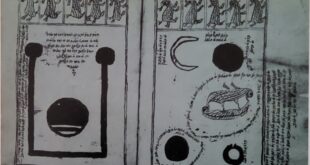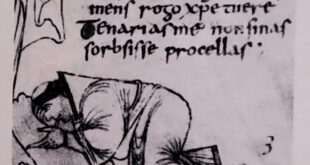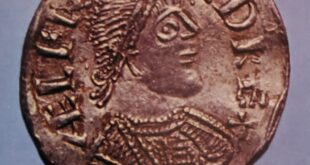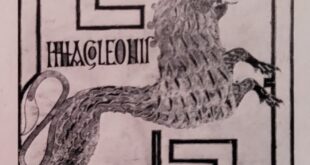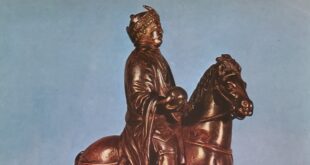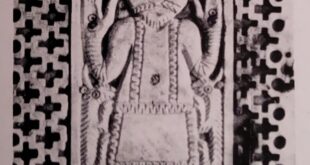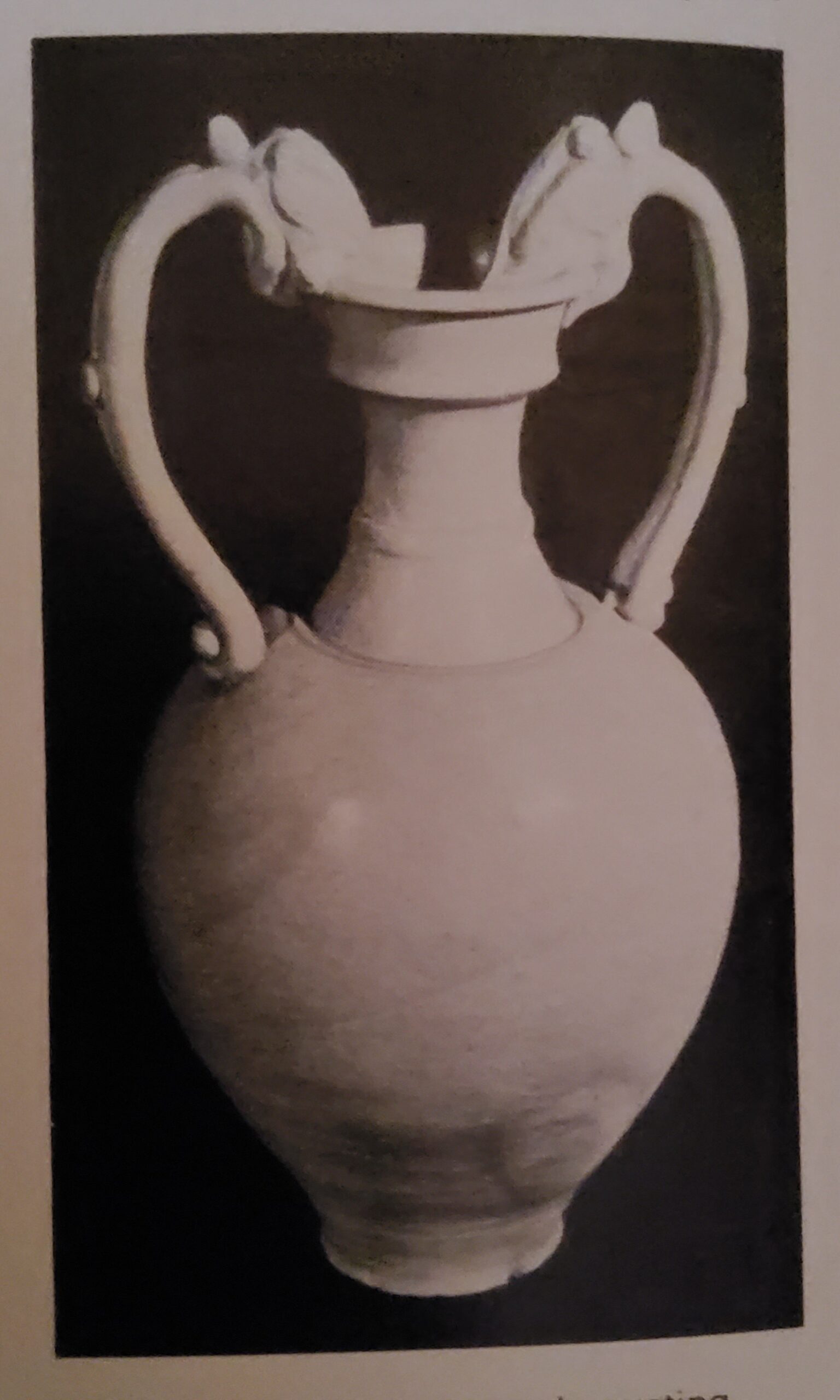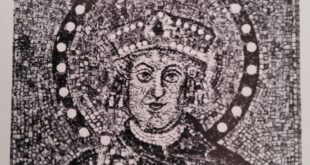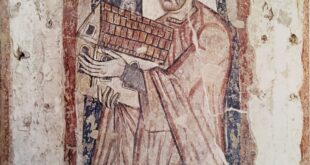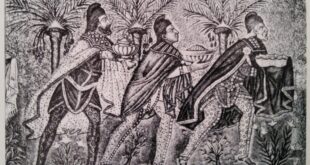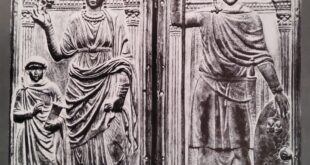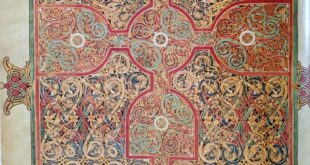Greeks had first settled round the coasts of Sicily during the colonising period and in 480 they had united to defeat a Carthaginian attempt to oust them from Sicily. Their unity, however, like that of the mainland Greeks against the Persians, did not last long and already in 427 the town of Leontini had asked for help from Athens against the Corinthian colony of Syracuse.
Already settled in Sicily, now, in 416, another enemy of Syracuse, Segesta, appealed to Athens. The Athenians sent ambassadors to Segesta. These ambassadors were impressed by the wealth of the place, which the Segestans exaggerated by sending round the same set of gold and silver plate to each house at which the ambassadors were entertained.
Alcibiades looked at it this way. With the massacre of Melos the last resistance in the Aegean had been disposed of. If Athens was to go on extending her maritime Empire she must look westwards. No matter if the Segestans had to be accepted as allies on an equal footing until Syracuse was conquered. None knew better than the Athenians the steps by which an ally might be changed into a subject.
There was also the point that the sympathies of Syracuse, since she was a Corinthian colony, inclined towards the Spartan alliance to which Corinth belonged. If therefore Syracuse should decide to join in the quarrel which, in spite of the Peace of Nicias, still divided mainland Greece, she would join the enemies of Athens. Far better, then, to strike at her first.

Nicias believed neither in the possibility of a new Athenian Empire in the west, nor in the risk of Syracuse allying herself with Sparta; but the Assembly preferred the arguments of Alcibiades, aged 35, to those of the elderly, timid, superstitious and sick Nicias. So they voted to send a great expedition against Syracuse (in the end it amounted to 140 ships), but they insisted that Nicias as well as Alcibiades should be one of the commanders.
When enthusiasm had reached its height and the expedition was almost ready, an extraordinary thing happened. There was a fuss about religion — not about wealth or power, both of which the Athenians took very seriously — but about religion. During the night some people, whose identity remains undiscovered, knocked down or disfigured the busts of Hermes Which stood on pillars by the doors of many Athenian homes. If the culprits were agents in the pay of Syracuse or Corinth, as seems possible, they earned their money well, for the outrage shocked Athens. His enemies said that Alcibiades was to blame. After discussion he was allowed to sail with the fleet but, once he was gone, feeling against him hardened and he was recalled to stand his trial. This he preferred not to do. He fled to Sparta.
The Athenians confiscated his property. A list of his furniture, which was drawn up for the auction, survives (it was inscribed on stone) — 12 beds, 4 tables, an embroidered curtain, some chests, a pillow and so on. It is not very impressive. The list has been cited as evidence of how simple were the furnishings even of a rich Athenian’s house. Anyway, the state was the richer by whatever these things fetched. The Spartans on the other hand had Alcibiades himself. He said, “Send a Spartan general to Syracuse”. That advice was worth many houses full of furniture and the Spartans took it.
It was in the autumn of 414 that Gylippus the Spartan slipped into Syracuse with 3000 men and immediately put the Athenians, who were besieging the city, on the defensive. During the winter and spring he built a fleet and drove the Athenians from their position, which commanded the entrance to the harbour. In the summer Athenian reinforcements arrived and tried a night attack upon the heights above the city, but they were utterly defeated. The only hope now left for the Athenians was to sail away while they still had the chance. Demosthenes, the general who had come out with the reinforcements, had with some difficulty persuaded Nicias to agree to this; and all arrangements were made when, on the night of August 27th, an eclipse of the moon took place. Soothsayers, in whom Nicias placed great faith, insisted that this was an omen, indicating that departure should be postponed, and postponed it was — forever.
The Syracusans blocked the entrance to their great harbour and routed the Athenian ships which were trapped inside. Nicias and Demosthenes then abandoned the ships, the wounded and the sick and attempted to retreat by land. The Syracusans were ready for them. The two generals and their army were killed or taken prisoner to a man.
